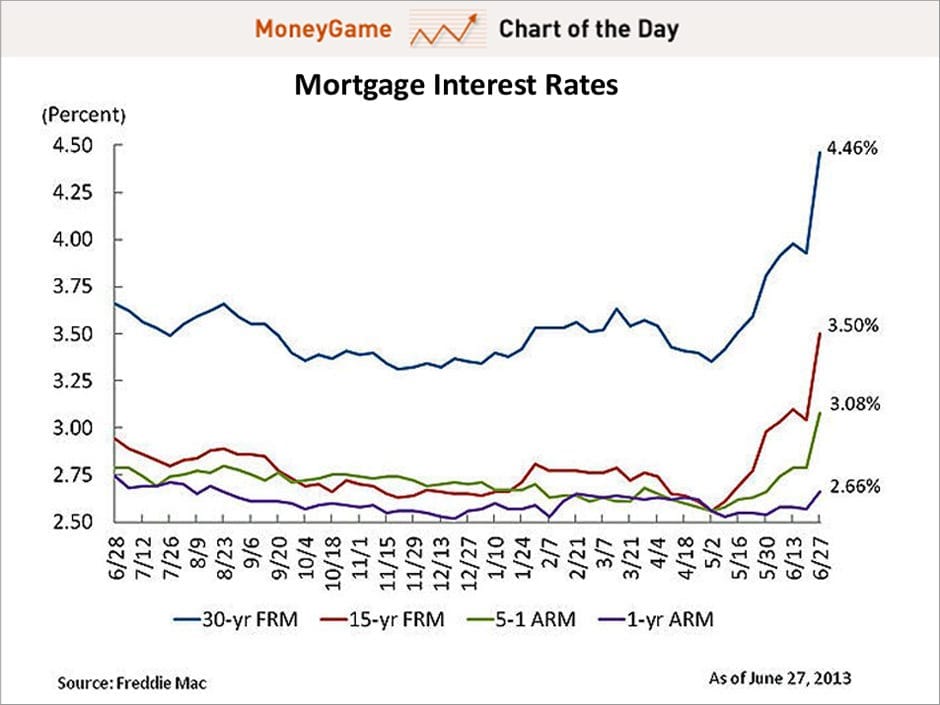The financial markets faced a turbulent day as the Dow Jones Industrial Average plummeted nearly 700 points, marking one of the most significant single-day declines in recent months. This downturn was primarily triggered by the release of a jobs report that exceeded analysts’ expectations, leading to a sharp increase in bond yields. The report, which highlighted robust job growth, has reignited fears among investors regarding the Federal Reserve’s potential response in terms of interest rate adjustments.
The jobs report revealed that the U.S. economy added a substantial number of jobs in the previous month, significantly surpassing forecasts. This unexpected surge in employment figures has raised questions about the sustainability of the current economic recovery and the potential for inflationary pressures. As a result, bond yields surged, reflecting investor concerns that the Federal Reserve may need to take more aggressive measures to curb inflation, including further interest rate hikes.
The immediate impact of the jobs report was felt across various sectors of the stock market. Investors reacted swiftly, leading to a sell-off that affected not only the Dow but also the broader S&P 500 and Nasdaq indices. The technology sector, which has been particularly sensitive to interest rate changes, saw some of the most significant losses. Major tech companies, which often rely on low borrowing costs for growth, experienced sharp declines in their stock prices as investors recalibrated their expectations in light of the new economic data.
Market analysts noted that the volatility observed in the stock market is indicative of the ongoing uncertainty surrounding economic recovery and monetary policy. The Federal Reserve has been closely monitoring employment data as part of its strategy to manage inflation and support economic growth. With the latest jobs report suggesting a stronger labor market, the central bank may feel pressured to act more decisively in its upcoming meetings.
In addition to the jobs report, other economic indicators have also contributed to the market’s unease. Recent inflation data has shown persistent price increases, prompting concerns that the Federal Reserve may need to adopt a more hawkish stance. The combination of strong job growth and rising inflation has created a complex environment for investors, who are now weighing the potential consequences of tighter monetary policy against the backdrop of a recovering economy.
As the day progressed, market sentiment remained cautious. Investors were seen reassessing their portfolios and strategies in light of the new economic landscape. The sell-off was not limited to the stock market; bond markets also experienced fluctuations as yields rose in response to the changing economic outlook. The yield on the benchmark 10-year Treasury note climbed significantly, reflecting the market’s anticipation of potential interest rate hikes.
Looking ahead, analysts suggest that the Federal Reserve’s upcoming meetings will be critical in shaping market expectations. The central bank has signaled its commitment to managing inflation while supporting economic growth, but the latest jobs report may complicate its decision-making process. Investors will be closely monitoring any statements or actions from the Fed, as these will likely influence market dynamics in the coming weeks.
In conclusion, the significant drop in the Dow Jones Industrial Average following the jobs report underscores the intricate relationship between economic data and market performance. As investors navigate this volatile landscape, the focus will remain on the Federal Reserve’s response to the evolving economic conditions. The interplay between job growth, inflation, and interest rates will continue to be a central theme in the financial markets, shaping investor sentiment and market trends in the near future.



